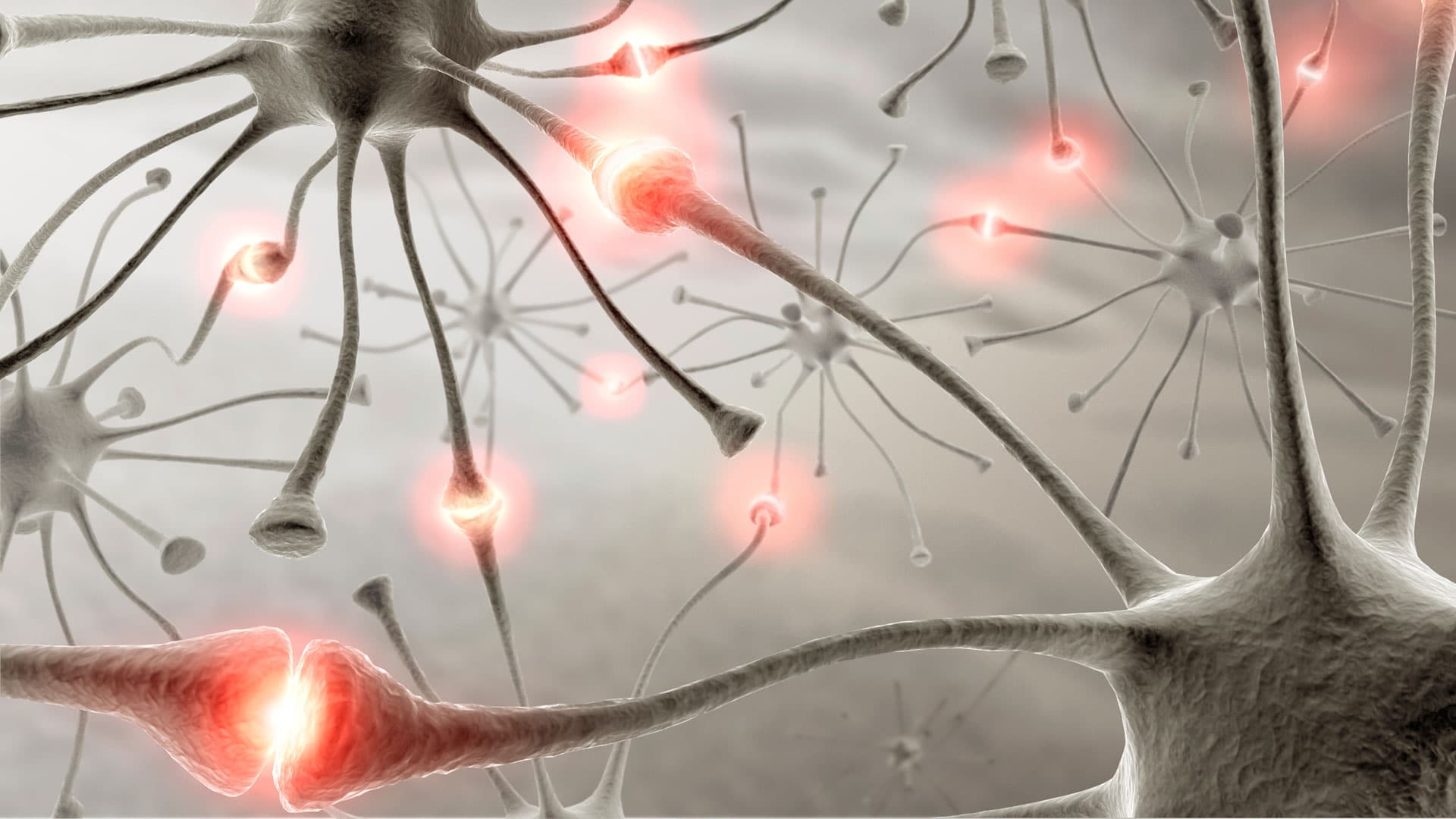Connect & Include
A look at some of the highlights of the "Connect & Include" Workshop held by Celeste Halliday.

Recently, I went to a workshop called “Connect & Include” by Celeste Halliday. It was a really good and I would recommend her in a heartbeat. During the workshop she talked about various aspects ranging from our unconscious bias to leadership and inclusion and I thought I would share some of the takeaways that I found quite helpful.
Biases & Pigeon Holing
When we see someone for the first time, our mind pigeon holes them into certain boxes in just a few seconds. This is all based on your previous experiences. For example, if you met a work colleague for the first time, your initial reaction may be that they look like a person you knew, and didn't like, which causes you to have those same feelings about this person. That is our unconscious bias at work.
When you take a step back and look at it, that is a completely irrational way of doing it, yet we do it every day. Then we are surprised and say things like "I would have never expected you to be like that". This is a perfect example of bias, as we are expecting the person to act in a particular way, based on our previous experiences.
Our past experiences dictate our present biases
Handling Difficult Conversations
During the course, Celeste gave us some tips and ways of handling difficult conversations with your team members, which is never an easy thing, so my ears perked up. Some of the tips and suggestions she gave were as follows:
- Never sit opposite a person when discussing an issue with them. Subconsciously, this can be seen as an "me vs you" situation.
- A better approach would be to sit next to them. Again, your subconscious will interpret this as someone by your side, almost like you are going side-by-side with them into battle. You are both on the “same” team.
- Lastly, write out the issue on a piece of paper and together tackle it and try to solve it, with both of you writing solutions on the paper. This helps abstract the problem from the person and helps prevent the person feeling as if this is an attack on them, as that is never the intention. The process of abstracting the problem onto paper, makes it feel as you are both working to a common goal, which you are, in fact, doing.
Deep Connections
One other thing that struck a chord with me, was how often team members don't create deep connections at work. The relationships that we have are typically very shallow and we don’t get to really know people. Often, we only people on a superficial level. For instance, you may know that your colleague has 2 kids and is married, but do you know about their upbringing? What hardships and challenges have they faced along the way? What makes them tick?
Deeper connections help create a stronger team that feels more like a family. Some ideas that were suggested to help kickstart the process are the following two items:
- Ask everyone to share something about themselves that no one knows about
- Tell everyone to say three things about you, with one of them being false. The rest of the team then must identify which item is the fake one.
For me, the workshop really made me more aware of how our brains take mental shortcuts and make assumptions without any real basis for doing so. Like I said, I would highly recommend the workshop, especially to people wanting to lead a team.
Until next time…keep learning.